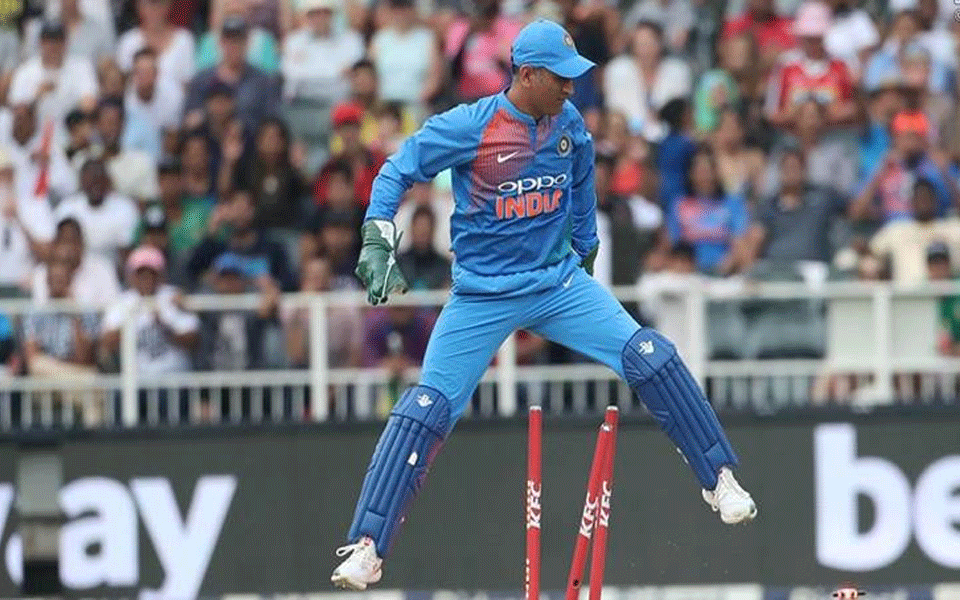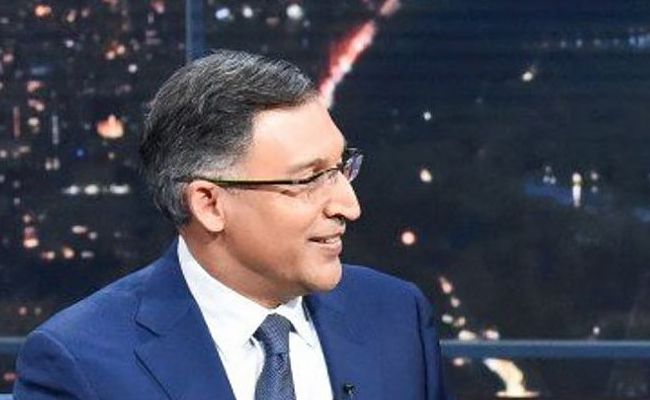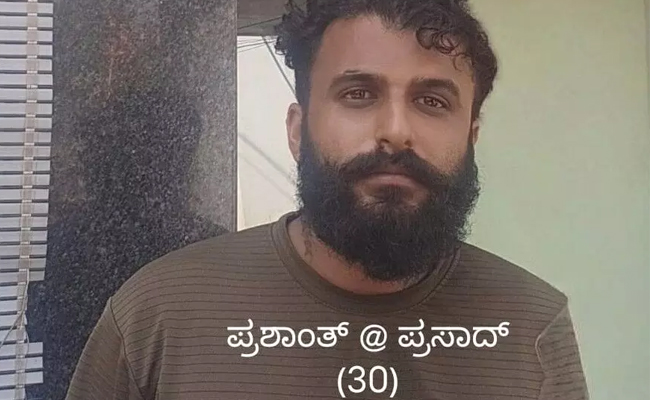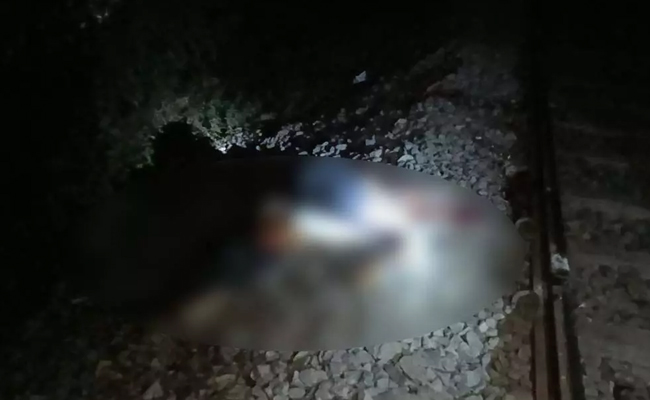Johannesburg: Mahendra Singh Dhoni on Sunday notched up yet another record after he went past Sri Lanka legend Kumar Sangakkara to complete the most catches for a wicketkeeper in T20 cricket.
While Sangakkara recorded 133 catches in 254 matches, the 1st T20 against South Africa was Dhoni's 275th in shortest format. Third on the list is India's Dinesh Karthik (123 catches in 227 matches). while Pakistan's Kamran Akmal (115 catches in 211 matches) and West Indies' Denesh Ramdin (108 catches in 168 matches) are fourth and fifth respectively.
With 77 victims in 87 matches, Dhoni also leads the list for most dismissals in the T20 international. Overall, the former India captain has effected 775 dismissals in 495 matches, placing him third on the list behind Mark Boucher and Adam Gilchrist.
After India's 28-run win over South Africa in the T20 opener, Dhoni joined some of his teammates for a celebratory dinner.
Virat Kohli limped off the field before India completed another dominant performance over South Africa at the Wanderers Stadium.
Shikhar Dhawan and Bhuvneshwar Kumar were mainly responsible for India's win, just two days after the tourists completed a 5-1 thrashing of the hosts in a one-day international series.
India captain Kohli left the field 13 overs into South Africa's innings after suffering a left leg strain while batting.
South Africa were without star batsman AB de Villiers, who was ruled out of the series after suffering a blow to his left knee ahead of the sixth one-day international in Centurion on Friday.
India also suffered an injury blow, with left-arm wrist spinner Kuldeep Yadav missing because of a thumb injury suffered in Centurion when India completed a 5-1 series win.
Let the Truth be known. If you read VB and like VB, please be a VB Supporter and Help us deliver the Truth to one and all.
Udupi: Udupi City Police have arrested two persons, including a woman, in connection with the alleged misappropriation of property tax funds belonging to the Udupi Municipal Council.
The accused have been identified as Shalini, who was working as a tax consultant outside the municipal office, and Ganesh, a bank employee.
According to police, Anand Suvarna had paid Rs 34,730 towards 12 years of property tax for his building in Kalmadi to Shalini on October 16, 2025. She reportedly issued him a receipt acknowledging the payment.
However, when Suvarna recently checked the status of the payment on the property tax portal, he found that the amount had not been credited and was still shown as pending. He then brought the matter to the notice of the Municipal Commissioner, who verified that the payment had not been recorded.
During questioning, Shalini allegedly admitted to the lapse. On February 16, 2026, she generated a new challan in Suvarna’s name and paid Rs 35,213 towards the dues.
Police said a case has been registered at the Udupi City Police Station against the accused for allegedly misappropriating tax money and defrauding the government by affixing the seal of Union Bank on the challan without remitting the amount initially received from the taxpayer.
Further investigation is under way.





